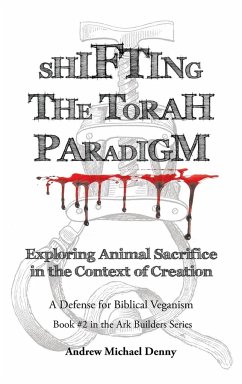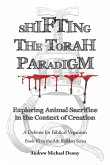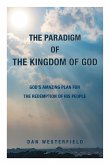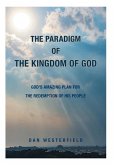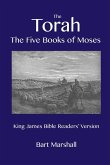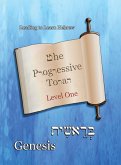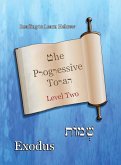To some, the phrase "Biblical Veganism" is an oxymoron. The idea that a modern dietary trend could be considered biblical poses a problem. After all, several instances in the Bible depict men of God eating animal meat. How then can we take this idea seriously? In this detailed exposition, we will explore common misconceptions about veganism in efforts to sever any confusion. After all, most people who reject biblical veganism only do so out of tradition and have never investigated this matter. Rather, most allow their currently held paradigm of Torah to determine what our Creator originally imagined for humanity. While variation may exist between our definitions of "vegan," we can all agree on the primary qualification, that vegans abstain from animal meat. Shifting the Torah Paradigm (STP) reinforces the biblical principle that humanity was originally created to consume a garden diet. Among the Torah community, there are some who insist that we must consume the flesh of certain animals to properly obey the commands, namely our instructions for Passover. At the same time, those who abstain from animal flesh contend otherwise, that our Creator never intended for humanity to kill and eat from the animal kingdom, whether it is deemed "clean" or "unclean" by Mosaic law. STP maintains that meat eaters have neglected the context by which the entire sacrificial system was instituted. Moreover, the purpose of this book is to explore this unseen storyline by investigating how sacrifice entered the picture and to understand why Yeshua neither taught nor observed this aspect of Torah.

